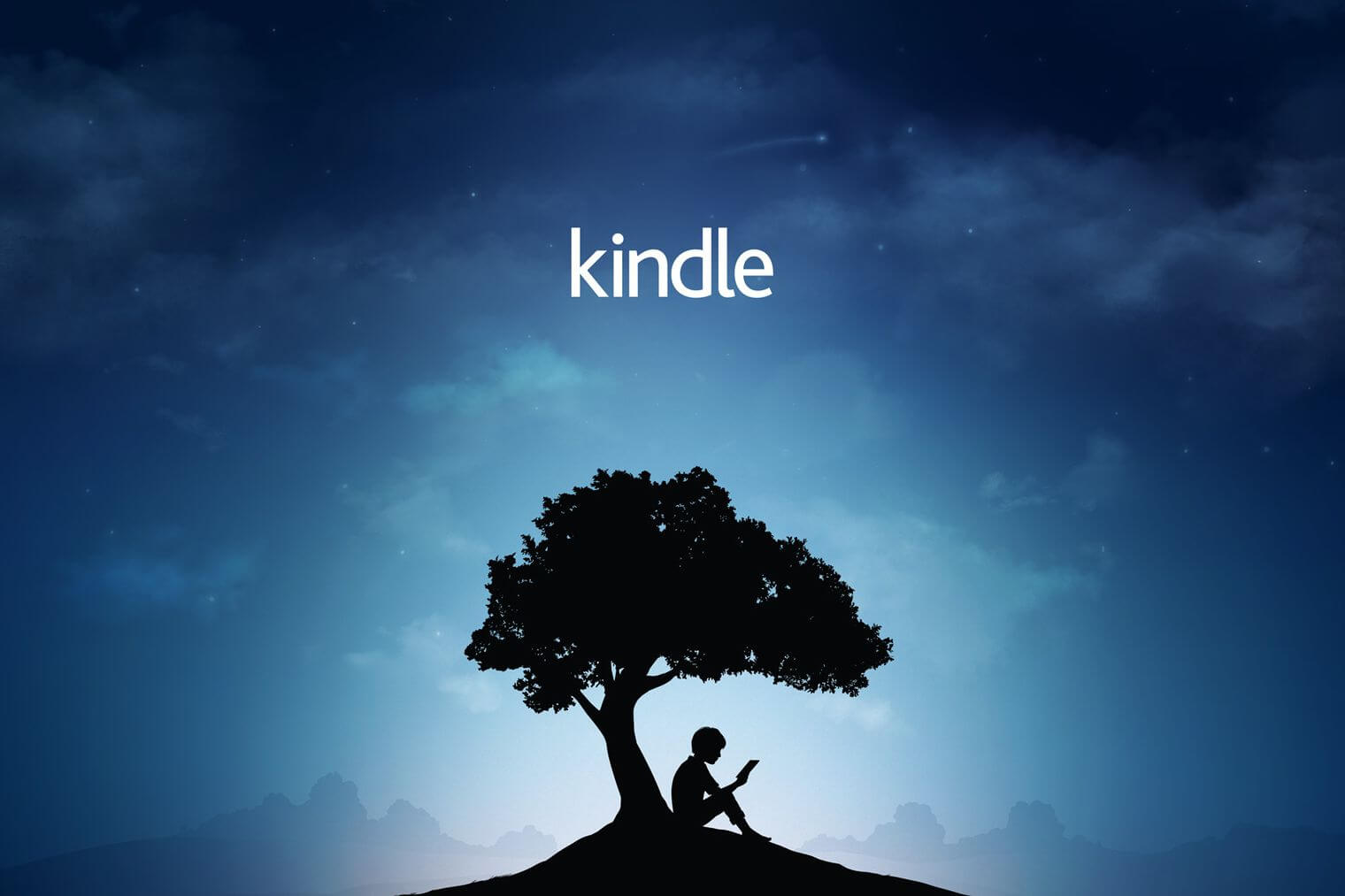Amazon issues new mandatory Kindle for PC or Mac update to download new e-books

Amazon has issued a new Kindle update for PC and Mac that is mandatory for users to install if they wish to continue downloading any Kindle e-books published as of January 3, 2023. As the e-Book Reader blog explained, the above has been done to make sure users are able to download e-books in Amazon’s new KFX formats. In other words, the above is a way on part of Amazon to force users to shift to the new KFX format. All of this comes on the back of an earlier development wherein Amazon implemented measures to prevent downloading of Kindle Unlimited titles via USB.
The KFX format, meanwhile, refers to those e-books that have been created as per Kindle File Format 10. Amazon is claiming the latest KFX file format marks a significant improvement over the AZW and AZW3 or Kindle File Format 8 that has been in use so far and applies to fourth-generation and later Kindle devices. The KFX applies to the seventh-gen and later Kindle models. Among the changes that the new KFX format comes with include better DRM protection so that it is harder for hackers to break through the security. The latest file format also includes a new image file format called JXR which boasts of a higher compression ratio as well as a new Bookerly font which is exclusive to Kindle devices.
For Amazon, upgrading to a new file format made sense as it will ensure their eco-system is protected and safe. For users, they will have to source all of their e-books or other content requirements only from Amazon, something they have been doing anyway. So far so good though such forced upgrades also severely restrict the life span of e-books as the same will become junk a decade or two from now if companies continue to upgrade the e-book format and force users to adopt the latest formats. Things are vastly different with the good old paper books as they continue to be perfectly readable even a century or more after they have been published provided such books have been preserved properly. In contrast, e-books might lose their readability in just about a decade or so, or maybe even earlier than that.






